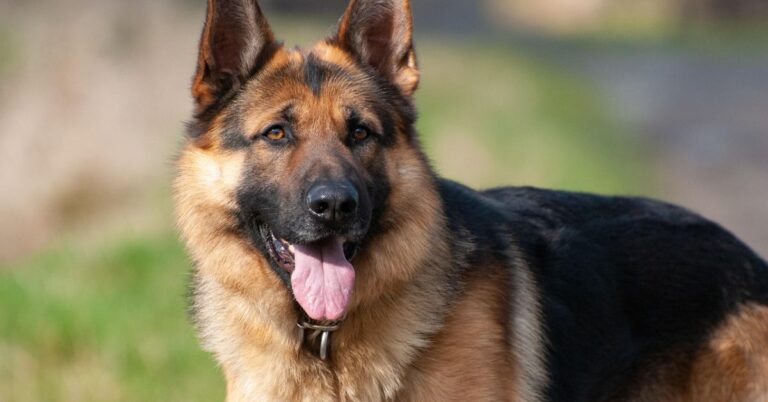Thinking Of Owning An Anatolian Shepherd Dog? Here Are 10 Things To Know First

The Anatolian Shepherd Dog is a strong and independent guardian bred for centuries to protect livestock from predators. Originating in Turkey, this breed is known for its loyalty, strength, and self-sufficiency. If you’re planning on owning one, here are 10 things to consider about the dog’s temperament and unique needs, which differ from those of more common companion breeds.
They Were Bred For Solitary Work

Unlike many dogs that thrive on constant human interaction, Anatolian Shepherds were developed to guard livestock alone in remote areas. Their decision-making skills are finely tuned to act independently of human commands. This breed’s working roots make it less inclined to seek approval, which can be misinterpreted as disobedience by inexperienced owners.
Socialization Must Begin Early And Be Consistent

Because Anatolians are naturally suspicious of strangers and other animals, early socialization is critical. Without it, they may become overly protective or aggressive toward unfamiliar people or pets. Structured exposure starting at eight weeks is ideal, with ongoing reinforcement through adulthood to balance their guarding instincts.
They Require A Secure, Spacious Environment

Keeping an Anatolian Shepherd in an apartment or small yard is not appropriate. These pets require ample space to roam and a tall, secure fence, ideally six feet or higher. As known escape artists, they can dig under or climb over weak enclosures, especially if they sense a threat nearby.
Obedience Training Can Be Challenging

Training an Anatolian Shepherd demands patience, consistency, and an understanding of its independent mindset. They may not respond well to repetition or force-based techniques, which can backfire. Positive reinforcement, combined with clear boundaries, tends to yield the best results, particularly when initiated during the first four months.
They Have A Strong Protective Instinct

Protecting what they perceive as their territory is a deeply ingrained behavior in this breed. They can become assertive—even aggressive—toward people or animals they believe are threats. A well-socialized Anatolian will remain calm unless provoked, but owners should always supervise interactions with visitors or new pets.
They Are Not High-Energy But Need Daily Activity

Although they aren’t hyperactive, Anatolian Shepherds need consistent exercise to stay healthy and balanced. A daily walk of at least 45 minutes combined with access to a secure yard is ideal. Without enough stimulation, they may become bored and destructive, especially during their adolescent years.
Grooming Needs Are Surprisingly Manageable

Despite their thick, double-layered coat, Anatolians are relatively low-maintenance when it comes to grooming. Weekly brushing controls shedding and prevents matting, especially during seasonal coat blows in spring and fall. Bathing only a few times a year is sufficient, as over-washing can strip their skin of essential oils.
They Mature Slowly, Both Physically And Mentally

Anatolian Shepherds typically reach full maturity around three years of age. Their behavior can shift significantly between puppyhood and adulthood, sometimes catching new owners off guard. Male Anatolians, in particular, may go through prolonged phases of testing boundaries as part of their development.
Veterinary Visits Can Be A Struggle Without Preparation

Due to their guarding nature and wariness of strangers, vet appointments can be stressful if not introduced carefully. Getting them accustomed to handling, car rides, and unfamiliar environments early on is vital. Some Anatolians benefit from muzzle training, not for aggression but to reduce anxiety during procedures.
They Don’t Always Get Along With Other Dogs

Dominance and territorial behaviors can make same-gender or unfamiliar dog interactions difficult. While they may coexist with other animals they’re raised with, Anatolians often prefer solitude or structured socialization. Introducing another dog—especially of the same gender—should be done with caution and close supervision from the start.





